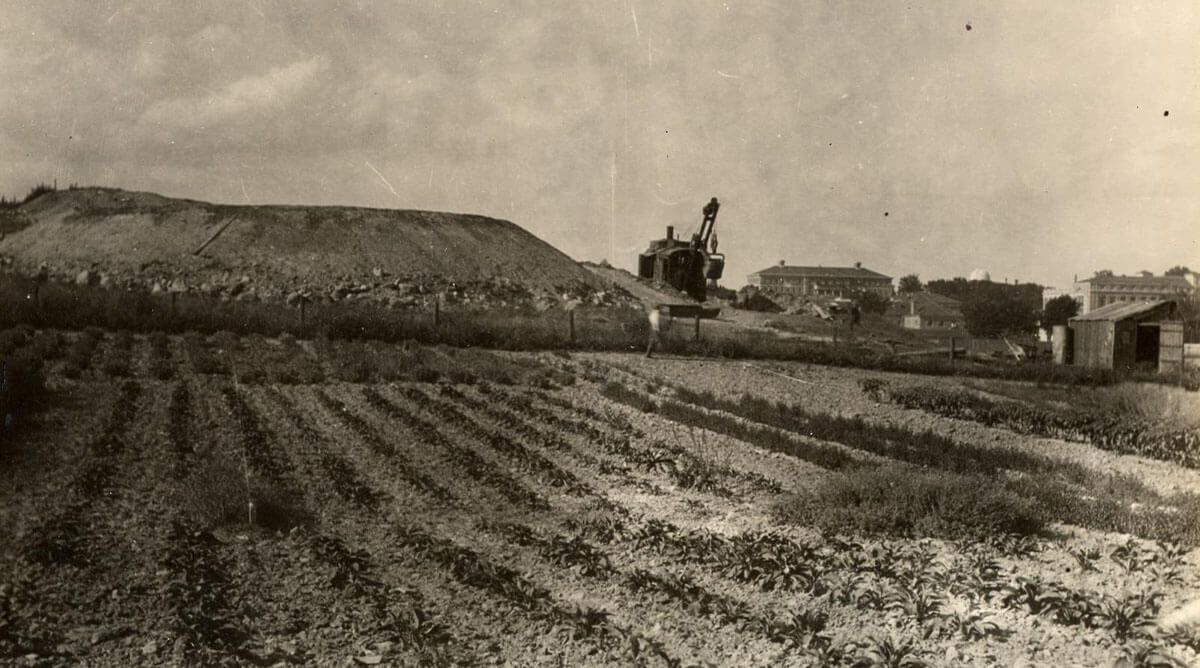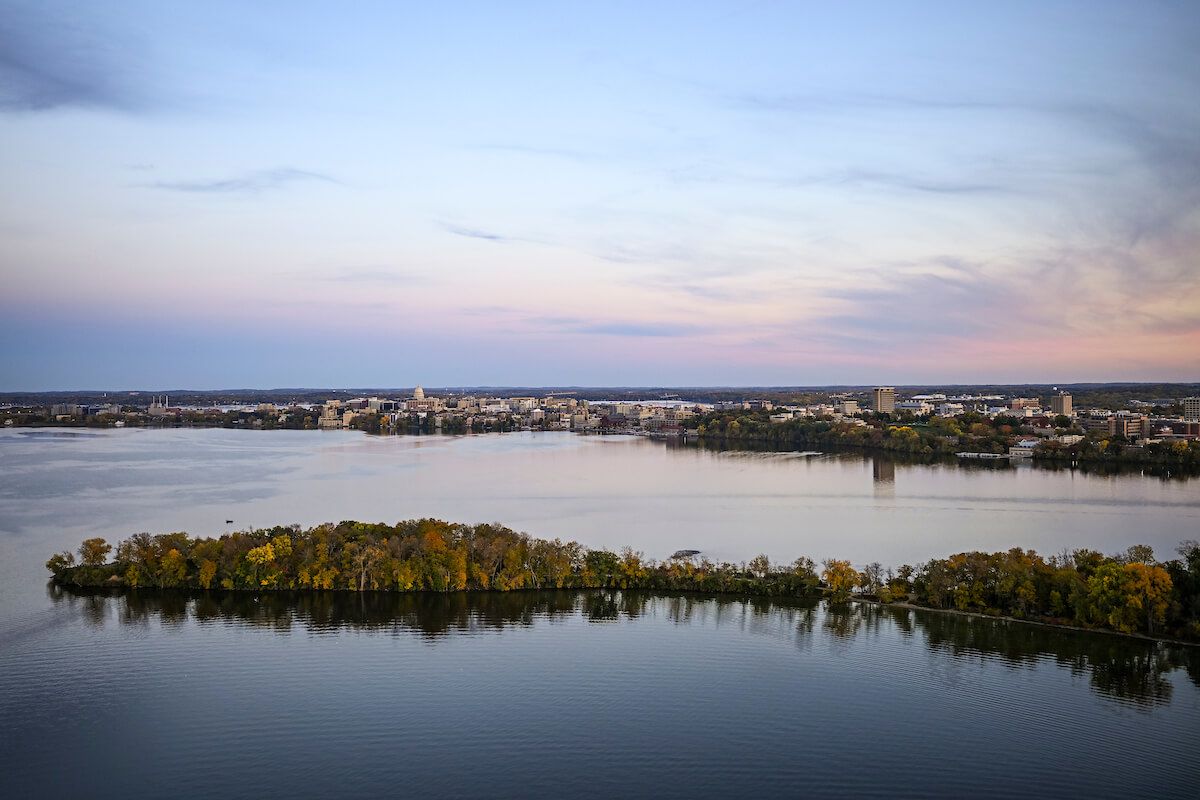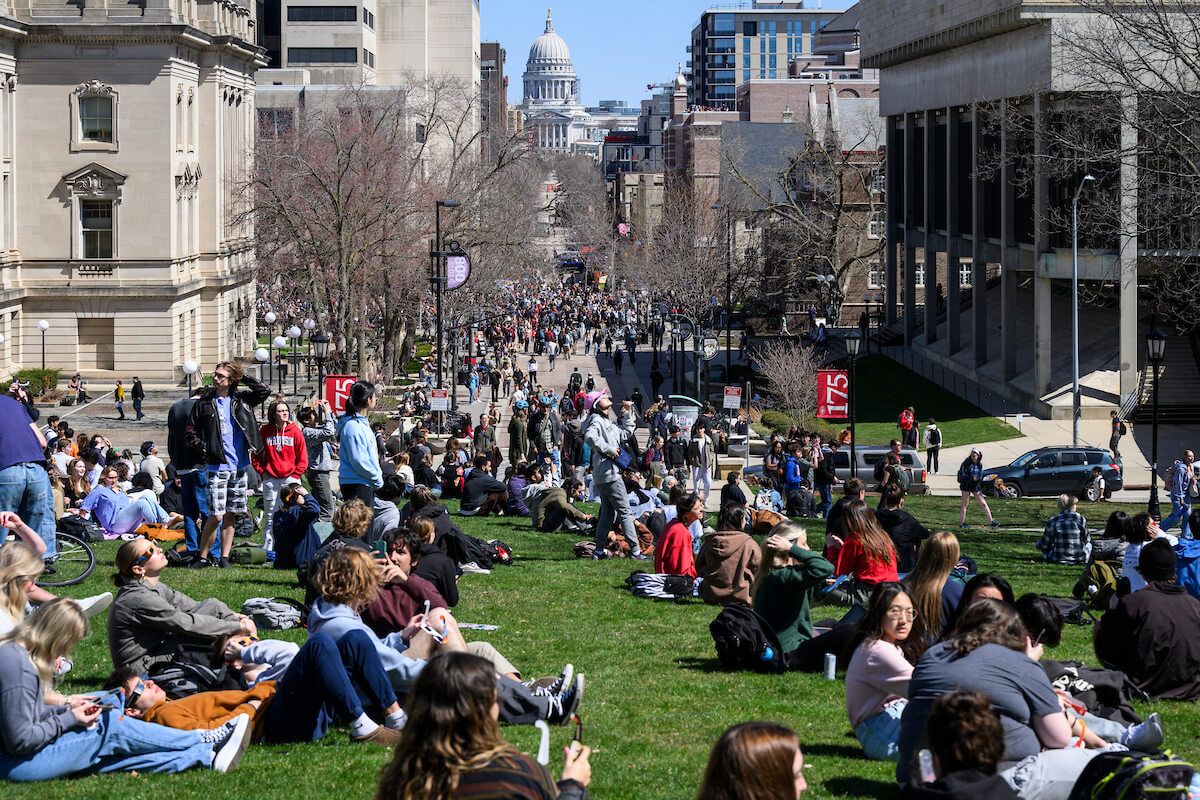Fight. Flee. Freeze. Which do you choose?
When trauma hits, these are the three options that humans instinctively have. Typically, you choose one — but right now, we’re seeing all three play out simultaneously, says Travis Wright, professor of counseling psychology and expert on resilience.
“As a society, we’ve actually been forced to freeze for the last two months,” Wright says, referring to worldwide lockdowns in response to the coronavirus pandemic. But now, as the pandemic drags on, global economic fallout begins, and the country sees a flashpoint in the fight for racial justice, “we are kind of experiencing and reexperiencing collective traumas.”
Collective Trauma
Wright, whose work primarily focuses on emotionally responsive teaching for children facing adversity, defines trauma as the result of external forces or circumstances beyond your control. At the individual level, those forces leave you feeling overwhelmed and without the ability to cope. Collective trauma, however, is when entire groups of people or societies feel those same things as one. When trauma happens to an individual, most often that person is able to “regain their footing and feel grounded,” says Wright, because the world around them has remained relatively stable. But with a collective trauma, such as we’re seeing right now? “I’m really worried,” Wright says. “I just feel like the social handholds that we typically have to help us ground ourselves and avoid escalation have really eroded.”
If not tended to, traumatic responses can set the stage for additional mental health concerns. The feeling of having no control, no matter how hard you try, is “the structure for anxiety,” says Wright. “I think these big, massive traumatic circumstances really do set the stages for things like anxiety or obsessive worrying and those types of things.”
Starting the Journey of Recovery
A key part of the journey of recovery, says Wright, is establishing a narrative that helps you feel that you have agency and that there is order and meaning in the world. That’s where resilience-building comes in. “I learned this from my work with kids and families,” Wright explains. “It isn’t about risk or resilience; it’s about risk and resilience. We have to be able to live our life with an awareness of both.”
Got your journal ready? Here are two lists of questions that will help you build, recognize, and honor your resilience.
What wounds do I have to tend to?
- How am I suffering now?
- What from my past feels uncovered?
- What from my present feels tender?
- What in my future feels scary?
What do I have to offer?
- In what ways am I strong?
- In what ways am I weak?
- (A piece of advice that Wright offers is this: in moments when you feel weak, do something to feel strong. For example, write a letter to your legislator to reconnect with your voice, or take a fitness class to reconnect with your body.)
- What gifts can I bring from my past right now?
- What resources do I have in my present?
- What hopes do I have for the future that feel really alive in me?
- What privileges do I have, and what can I do with them?







